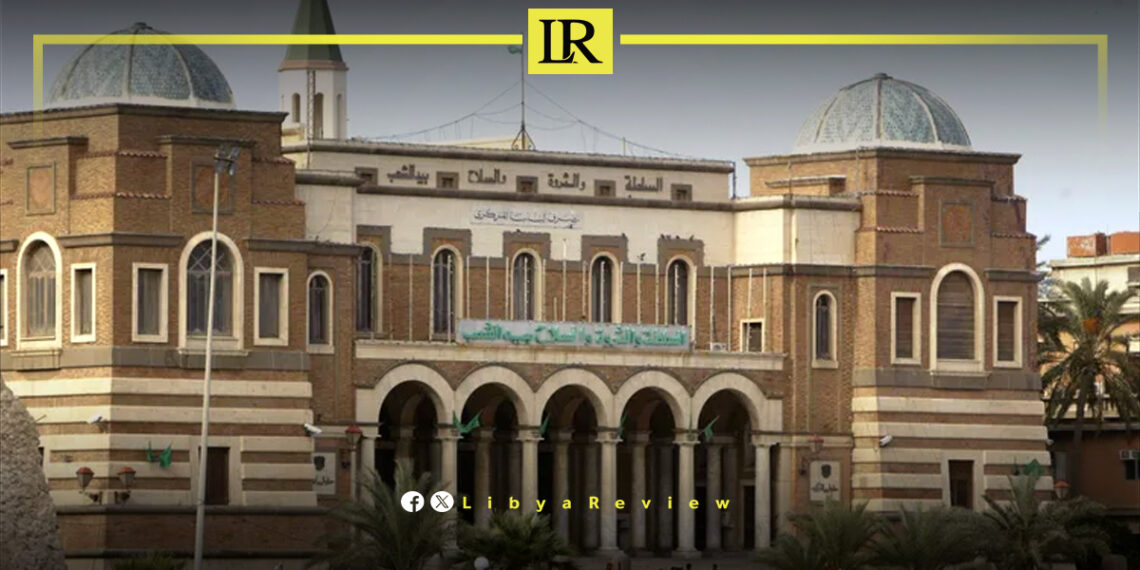The Central Bank of Libya (CBL) announced that the country’s total public revenues for the past year reached 123.5 billion Libyan dinars, equivalent to approximately $25.6 billion. Of this, over 76 billion dinars came from oil sales, reflecting Libya’s heavy reliance on its oil sector.
In its monthly revenue and expenditure statement released today, Monday, the CBL highlighted the following key revenue sources:
Oil revenues: 76.7 billion dinars
Oil royalties: 13.1 billion dinars
Taxes: 2.5 billion dinars
Customs: 353 million dinars
Telecommunications: 205 million dinars
Local fuel sales: 152 million dinars
Additionally, 22.5 billion dinars were generated from fees on foreign currency transactions. The treasury also received 7 billion dinars from the CBL’s profit share and 1 billion dinars from other revenues. These included financial services fees, passport issuance charges, vehicle registration, fines, and other miscellaneous fees collected across Libyan cities.
The Central Bank reaffirmed its commitment to transparency and disclosure, ensuring that state institutions and the general public are informed about Libya’s economic and financial situation. These efforts aim to foster greater awareness and accountability regarding national fiscal management.
Libya has been in chaos since a NATO-backed uprising toppled longtime leader Muammar Gaddafi in 2011. The county has for years been split between rival administrations.
Libya’s economy, heavily reliant on oil, has suffered due to the ongoing conflict. The instability has led to fluctuations in oil production and prices, impacting the global oil market and Libya’s economy.
The conflict has led to a significant humanitarian crisis in Libya, with thousands of people killed, and many more displaced. Migrants and refugees using Libya as a transit point to Europe have also faced dire conditions.
The planned elections for December 2021 were delayed due to disagreements over election laws and the eligibility of certain candidates. This delay has raised concerns about the feasibility of a peaceful political transition.
Despite the ceasefire, security remains a significant concern with sporadic fighting and the presence of mercenaries and foreign fighters. The unification of the military and the removal of foreign forces are crucial challenges.


